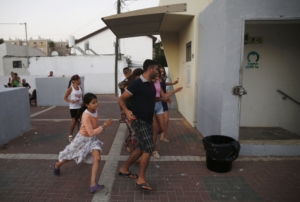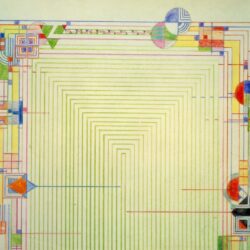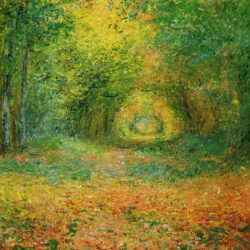Contributor(s): Shared on: Categories: Tags: | Contribute a translation | Source (English) |
|---|
|
Barukh Atah Adonai
Brukhah At Shekhinah
Blessed One-ness, Blessed Connection,
Kadosh Barukh Hu:
We pray for all who are in pain
And all who cause pain. | |
We pray for those of us
Who are so angry
That we have lost compassion for the suffering
Of anyone who is not a member of our group.
And we pray for those of us
Who cannot see the suffering
Behind the loss of that compassion. | |
We pray for the strength
To resist the urge to inhumanity
That we feel in times of fear and mourning.
We pray for the courage
To resist the calls to inhumanity
That others may make upon us in times of crisis. | |
Barukh Atah Adonai
Brukhah At Shekhinah
Blessed One-ness, Blessed Connection,
Kadosh Barukh Hu:
May we find relief from our hurts and fears
And may we not, in our pain,
Lose our empathy
For the hurts and fears of others.
We pray for all who are in pain
And all who cause pain.
Amen |
This prayer was first published as “A Prayer for Suffering,” by Trisha Arlin at her liturgy blog, Trisha Arlin: Words of Prayer & Intention. The prayer was discovered by writers from the NBC mini-series A.D. The Bible Continues (season 1, episode 4) and included without attribution or adoption of the terms of the Creative Commons Attribution-ShareAlike license under which the prayer was shared. After this matter was raised with the network, the sequence in which the prayer appeared was removed from the episode of the show. Recordings
 Trisha Arlin is a liturgist, teacher, performer and student of prayer in Brooklyn, NY and was a part-time rabbinic student at the Academy of Jewish Religion (AJR), 2012-18. Trisha was the Liturgist-In-Residence during the National Havurah Committee’s 2014 Summer Institute, has served as Scholar or Artist In Residence at many synagogues where she has read, led services and taught her class, Writing Prayer. since the pandemic began, Trisha has been on Zoom teaching prayer writing, sharing her liturgy and doing readings with Ritualwell, Haggadot.com, for synagogues around the country as well as small freelance groups. She is a founding builder of Bayit’s Liturgical Arts project. Trisha received a BA in Theater from Antioch College in 1975 and MFA in Film (Screenwriting) in 1997 from Columbia University. In 2009/2010, Trisha was an Arts Fellow at the Drisha Institute. In 2011, she graduated from the sixth cohort of the Davennen Leadership Training Institute (DLTI). A longtime member of Kolot Chayeinu/Voices of our Lives, a progressive unaffiliated congregation in Brooklyn NY, Trisha’s liturgy has been used at services and ritual occasions and in newsletter there and at venues of many denominations around the world. Her work has been published in her book, Place Yourself: Words of Poetry and Intention (a collection of liturgy and kavannot. Foreword by Rabbi Jill Hammer, Artwork by Mike Cockrill. 2019 Dimus Parrhesia Press); the Journal of Feminist Studies in Religion; Seder Tefillot, Forms of Prayer: Prayers for the High Holydays (Movement for Reform Judaism); B’chol Levavecha (CCAR Press); Beside Still Waters: A Journey of Comfort and Renewal (Bayit & Ben Yehuda Press); A Poet’s Siddur (Ain’t Got No Press); Studies in Judaism and Pluralism (Ben Yehuda Press) and can be found online at TrishaArlin.com, at RitualWell, and of course, the Open Siddur Project. You can support her work by buying her book, making a one time donation through PayPal @trishaarlin or monthly support via Patreon. Read a comment / Leave a comment (moderated) Works of related interest: |







![Ancient Mud-Brick Wall [citadel of Rayen, Iran] (credit: A. Davey, license: CC BY)](https://opensiddur.org/wp-content/uploads/2025/03/ancient-mud-brick-wall-citadel-of-rayen-iran-a--davey-cc-by-250x250.jpg)



Via the Open Source Judaism Facebook page: